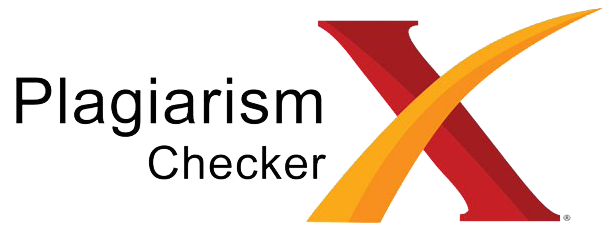Analisis Pengaruh Literasi Keuangan Dalam Penggunaan Digital Payment Terhadap Perilaku Konsumen Cafe Kopi Api Makassar.
Sari
Keywords:
Financial Literacy, Digital Payment, Consumer Behavior.
Teks Lengkap:
Download PDFReferensi
Alalwan, A. A., Dwivedi, Y. K., & Rana, N. P. (2019). Factors influencing adoption of mobile banking by Jordanian bank customers: Extending UTAUT2 with trust. International Journal of Information Management, 37(3),99–110.
Amaliyah, R., & Witiastuti, R. S. (2015). Analisis Faktor Yang mempengaruhi tingkat literacy keuangan dikalangan UMKM kota tegal . manajemen analysis jurnal 4 (3), 256.
Aribawa, D. (2016). pengaruh literacy keuangan terhadap kinerja dan keberlangsungan UMKM di jawa tengah . jurnal siasat bisnis Vol. 20 No 1, januari 2016, 8
Fernandes et al. (2014) Financial Literacy, Financial Education and Downstream Financial Behaviors. Management Science.
Firmansyah. 2013. “Perbedaan Loyalitas Konsumen Pada E-Payment Tcash Berdasarkan Persepsi Manfaat, Kemudahan Penggunaan Dan Kepercayaan Pelanggan.” Angewandte Chemie International Edition, 6(11), 951–952. 78:2013– 15.
Lusardi, A. (2012). Numeracy, financial literacy, and financial decision-making No. w17821. National Bureauof economic research, 8.
Liébana-Cabanillas et al. (2020): Mobile Payment Adoption in the Age of Digital Transformation: The Case of Apple Pay. Sustainability, 12, 5443.
Ningsih. 2017. Pengaruh Literasi Keuangan Terhadap Kinerja Usaha Mikro, Kecil, dan Menegah Di Kabupaten Jember.Universitas Jember
Trihasta, Deni dan Julia Fajaryanti. 2014. E-Payment Sistem. Proceeding, Seminar Ilmiah Nasional Komputer dan Sistem Intelijen (KOMMIT 2008). ISSN: 1411-6286.
Mothersbaugh, D. L., & Hawkins, D. I. (2016). Consumer Behavior: Building Marketing Strategy, Thirteenth Edition. In Mc Graw Hill Education .
DOI: https://doi.org/10.37531/mirai.v8i2.5448
Refbacks
- Saat ini tidak ada refbacks.



